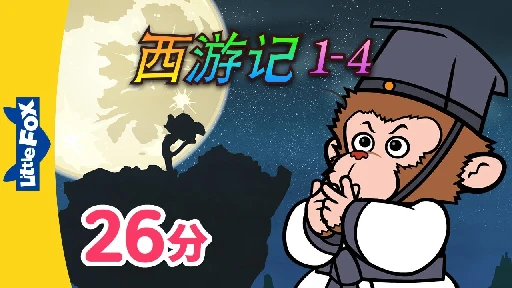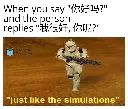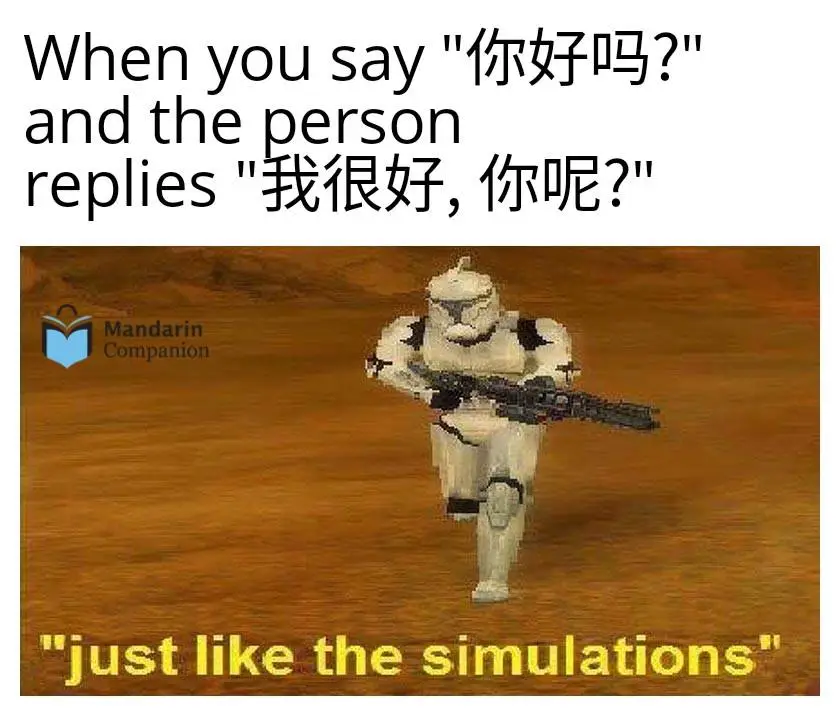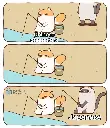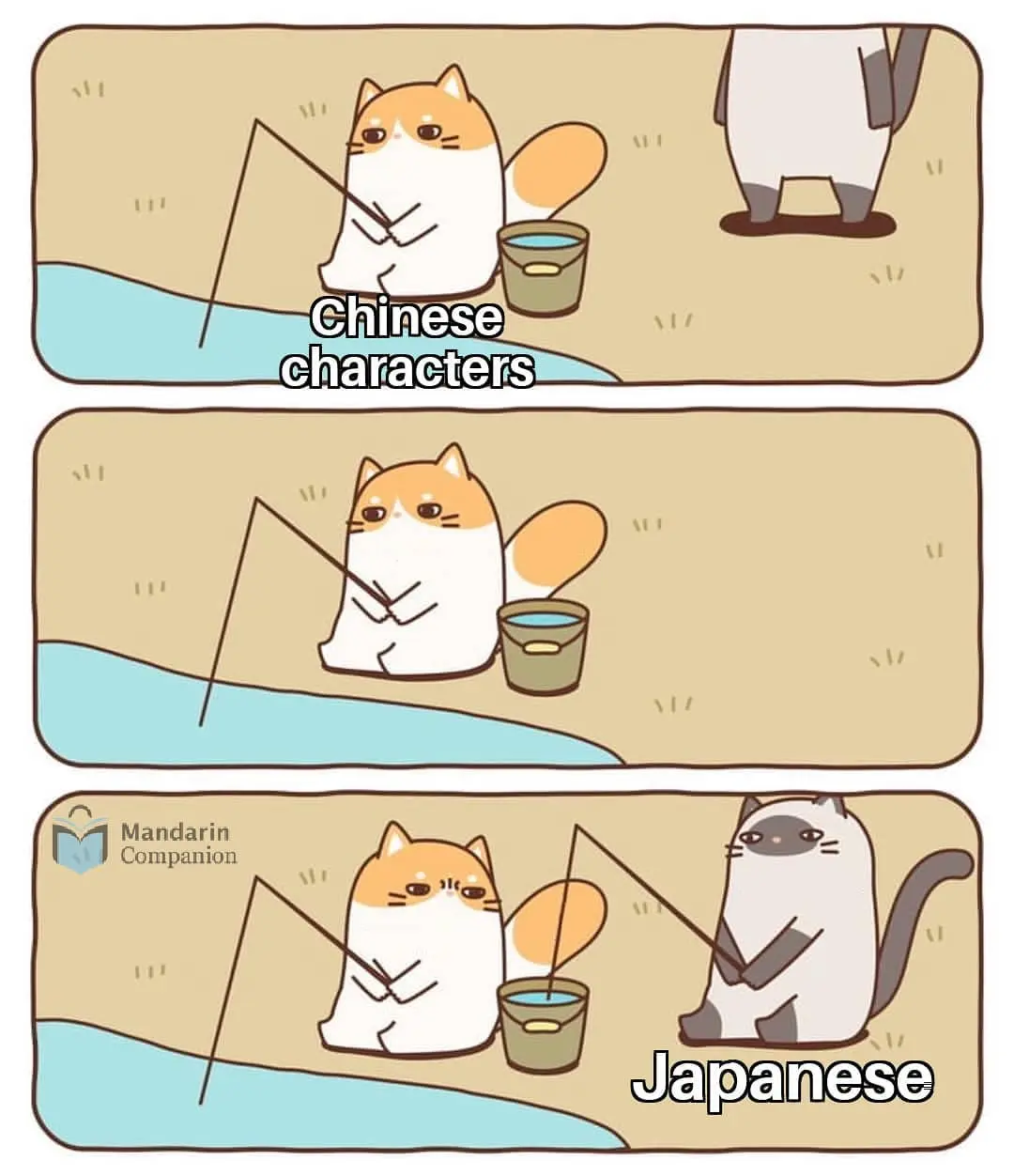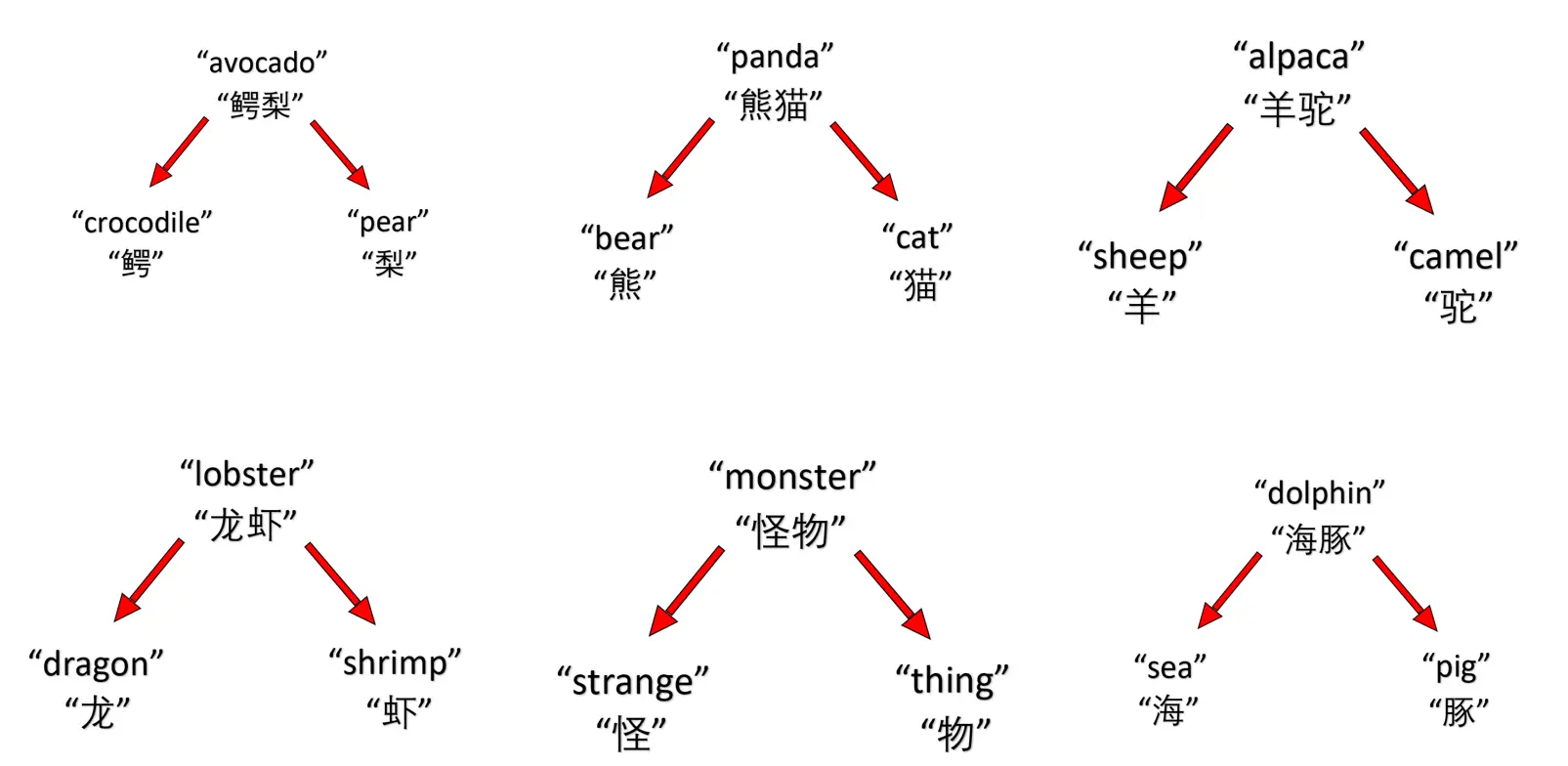
-
Interesting article about memorization of texts especially in China but also touches on Europe
Quotes:
> One student born in the 1980s wrote: From Junior One to Senior One, I spent four years learning texts by heart. According to our ancestors, ‘Memorizing 300 Tang poems makes one a poet himself’. … It is also true to foreign language learning. I regret not reciting enough texts then. [1: 218; Chinese original]
> After the teacher finishes his explanation and checks with the students to see if they have correct comprehension, the students are required to read the text just learned 100 times: slowly at first, then a bit faster. The text should be read with rhythm, correct pauses and accurate use of the four tones. If any student cannot perform the reading- aloud properly, another 100 times of reading are required of him. [9; Chinese original]
> Yu MinHong 4 , a celebrated educator and English teacher who was born in the 1960s, wrote: In primary and secondary school, all that we had were several thin textbooks. Without any other books to read, we had to recite the texts again and again − so much so that I could recall them till now as if they were carved in my heart. [13; Chinese original]
> In monastic choirs the demon Tutivillus was believed to collect up sackfuls of dropped syllables from the Psalms to be weighed up at the Last Judgement against those who voiced the texts inaccurately 6
> In her detailed analysis of uses of memory and the conceptions of memory in the Middle Ages, Carruthers [24] showed how memory played a significant role in medieval people’s intellectual and cultural lives. The great values they attached to memory can be sensed from Carruthers’s depiction: Ancient and medieval people reserved their awe for memory. Their greatest geniuses they describe as people of superior memories, they boast unashamedly of their prowess in that faculty, and they regard it as a mark of superior moral character as well as intellect. [24: I; emphasis original] … Memoria, …, was a part of litteratura: indeed it was what literature, in a fundamental sense, was for. Memory is one of the five divisions of ancient and medieval rhetoric; it was regarded, moreover, by more than one writer on the subject as the ‘noblest’ of all these, the basis for the rest. [24: 9; emphasis original]
I've personally been trying to memorize the first 40 lines of the 3 character classic, the 三字经。Both as an experiment in memory: how much of this book can I commit to memory so well that I could recite it in full and explain every line and character? and also to get more familiar with classical chinese since it has such a distinct vocabulary, with words like 此,孝,昔,善,义 that occur elsewhere too but I haven't seen much of.
-
Cyberpunk 2077 and Witcher 3 have FULL Chinese audio dubs
I started my third playthrough of Cyberpunk a couple days ago, playing it with the Chinese dub, and I have to say that it has worked really well as an immersion resource! You can enable the Chinese audio dub by right clicking on the game on steam, then click 'properties', then under 'general' there will be a 'language' option where you can choose a number of languages.
I don't know about the Witcher 3 since I haven't played it, but Cyberpunk is really dialogue heavy, so there is seriously like hundreds of hours of dialogue to go through (and then there's also the shards to read). The game makes heavy use of poetic language as well as highly informal language, which has really put strain on my current abilities, so I'm having to jot down new words all the time.
While the marketing and release of this game was scummy to say the least, there is actually quite a good game here if you just try to take in the story, the scenery, as well as delve into the sidequests (the sidequests are honestly a lot more interesting than the main story). One of my favorite moments I've had while playing any video game has to be when I accidentally fell into the 'hidden' park that's hidden 'underneath' the city center, subsequently going for a calm walk, being amazed by the scenery, and then stumbling upon a buddhist monk who gives a short guided meditation.
Even though I have 140 hours on this game, there are still so many sidequest lines to go through. Since I'm using the game as an immersion resource now, I'm definitely going to be replaying the game.
-
Trying to comprehend chinese slang through google translate is certainly an experience
Like what does sand sculpture mean? How the fuck is porcelain related to the situation? Why does everyone mention wives so much? What is grass?
-
What characters and words have you learned recently? 你最近学什么字/词?


I've been reading the first book of 西游记 Journey to the West, 猴王的诞生, Rise of the Monkey King. Here a few words I learned, especially simple or widely used:
- 哭,ku1, cry
- 喊,han3, shout
- 流, liu2, flow (water)
- 简单, jian3 dan1, simple (definitely seen before)
- 祖师, zu3 shi1, founder/master
你呢?
-
HSK word list parsed from the PDF into plain text
github.com GitHub - elkmovie/hsk30: HSK 3.0 Vocabulary Lists (words and characters)HSK 3.0 Vocabulary Lists (words and characters). Contribute to elkmovie/hsk30 development by creating an account on GitHub.

Probably not great for studying with as is, but could be very useful for creating study material.
-
Title of the sub ambiguous
What exactly does "The Chinese language" mean? Does it mean Mandarin, or are other langs like Cantonese, Hakka, and Teochew included?
-
Chinese Grammar Wiki Anki deck
I just wanted to share this really good deck which I found. It's got grammar exercises from Chinese Grammar Wiki from A1 beginner all the way to C1?C2 level. some really clever card mechanics. Another deck to add to my resources. The more I uncover the more I realise Anki can be such an effective one stop shop for learning a language as it can be used in so many different ways!
-
Been studying mandarin intensively using Refold method for 2 years and have achieved comfortable fluency. I'd like to share some advice!
Hi everyone! For the past two years I've been studying mandarin intensively pretty much every day (544 day Anki streak at least). I've reached the point where I can talk about most topics without much issue (that includes more advanced topics like AI or general geopolitics), and I can also consume news and social media.
I followed the Refold method, since it's by far the most fool-proof and efficient way to learn a language in my opinion.
I started out immersing in gaming content, since it's very visual and you don't really have to understand what's being said in order to follow along. Some popular gaming channels on Bilibili include: 中国BOY, 徐大虾, and 老番茄. It is during these beginning stages where I would say learning Chinese is the hardest, because you will have a very hard time hearing the tones and you will also likely have a hard time hearing the difference between for example 'xiang' and 'shang', or 'chi' and 'zhi'. In order to be able to hear these sounds, your only option is just to bash your head against the content until your brain magically figures it out at some point or another. As long as you keep immersing and don't get too upset at yourself for not hearing the difference, your brain will kind of magically sort it out eventually.
The same thing is true for the speed at which you can comprehend words. At first you will have to seriously make an effort to decode all of the sounds and convert them to meaning, and so you will feel that they are talking way too fast for you to comprehend. Eventually however, your brain will start to do this conversion from sound to meaning automatically and consuming content will feel more effortless. This is why it's important in the first couple of months to just have some 自律 and push through the immersion and trust the process.
Once I started to feel quite comfortable with gaming content, I started moving towards consuming dating shows like 新相亲大会 and 非诚勿扰 (these can be found on youtube). These shows are seriously great sources of immersion for three reasons:
- The shows are very predictable so it's easy to follow what's going on even if you've missed multiple sentences.
- There are hours upon hours of content for you to consume, and I would even recommend you to rewatch episodes.
- The shows are seriously fun to watch! There are some really great moments from these shows and you usually don't need very advanced vocabulary to follow along. I would say that 新相亲大会 was *the *show which improved my Chinese the most. Watching through all the seasons let me get a natural sense of Chinese grammar, it propelled me to conversational fluency, and I finally felt comfortable with all of the sounds of the Chinese language.
The next step of my immersion journey involved watching the news as well as consuming political and educational content on Bilibili. I'm still at this stage today and so I'm just slowly widening my vocabulary and building more of a cultural understanding of things.
To give some more general tips on language learning, I'll start by saying that the most important thing to do is to build a language learning habit. You should worry less about progress or if you're doing it "right", because if you do immersion for long enough coupled with some speaking practice later down the line you are guaranteed to reach the level of fluency you want to be at. In order to build a habit, you need to do what is fun for you and worry less about if it's the right level of difficulty or if your study method is correct. I'm also sorry to say that if you can't build the habit of immersion, then you aren't going to reach fluency as there are no shortcuts to this process. You simply have to put in thousands of hours if you want to reach fluency, and for most of those hours you are going to be seriously doubting yourself if it's even possible to reach fluency in the first place.
I would also recommend everyone to learn more about the science of language learning. There are tonnes of great Youtube channels which talk about the science of immersion learning, but a classic is of course Matt vs Japan and also the Refold Youtube channel. Also, it can't hurt to watch some Xiaoma for inspiration. I kind of cringe watching his videos nowadays but back in the day Xiaoma was really the person who got me on the path to learn Chinese in the first place, so I'm still very thankful that his channel exists.
-
Free e-book: 火球, huo3 qiu2, The Ball of Fire
imagin8press.com Get A Free EBookInterested in reading a sample of our books? We’re happy to send you a free story! You will receive an eBook version of one of our favorite stories, The Ball of Fire from our best-selling book, Learn to Read Chinese, Book 1. This a wonderful story told with only a 358 word vocabulary. Your free eBoo...
"A boy is stranded alone on a ship in a storm and receives help from a mysterious magical dwarf. Uses just 358 different Chinese words."
They seemed to really like this author on Reddit. I downloaded this ebook but haven't read beyond the first page yet. Let me know your thoughts.
-
这里还有人吗?Is anyone here, could this be revived and made active?
你们好, 这里死了吗?如果是,我会做新的。 Hello all, are you all still here, and we could revive this community? Otherwise maybe I should make a new one of my own?
-
How were the Chinese languages designed?
They all seem super complicated to the point that it'd be difficult to learn. -
普通话学习 - China's #1 Mandarin Pronunciation APP


Created a Community on Reddit (/r/putonghuaxuexi/) to help people improve their Chinese pronunciation with the 普通话学习 APP. The app is great, and people should really check it out.
The APP has been updated quite a bit since I made that subreddit and resources to create an account. If there is enough of an interest on here I'll update the guide.
Direct download link to the latest version (9.8.3). Click the "普通下载" button twice to download the APK.
The subreddit has material on how to create an account, or here is a guide for version 9.4.7, together with the (now somewhat outdated) APK.
-
Chinese language learners and speakers role call
Just curious to see who is actively studying Chinese here or speaks Chinese to some level (whether through study, as a native language, or a heritage language). This community seems a bit inactive at the moment so I am wondering about who might be lurking and have an interest even though the posting rate is a bit slow.
Describing your level/experience with Chinese and info about what language variety, writing system and such you are studying/speak is welcome.
-
Mods wanted
Since I am not a native Chinese speaker, I would appreciate if any native speakers want to help moderate. Advanced speakers also welcome.
-
Phono-Semantics in Chinese
I want to make a post covering phonosemantics and components (or what people call radicals) in Chinese, which is practically essential when you're finally on that character grind in the thousands.
Introduction
Chinese characters are not many thousand unique glyphs with no relation that you have to remember both the meaning and pronunciation to. Rather, there's a couple hundred unique "components" that most characters are made of.
These components can be standalone characters, corrupted components from the several thousand years of change, or meaningless parts inserted for simplification purposes (which is why it's worthwhile to learn - at least to read - both character sets - no politics should come into play here!).
In an oversimplified sense, you can think of two main categories of chinese characters, ideographic/pictographic (象形 and 指事) and phono-semantic (形声). Course there's actually 6 categories, but it's not that important.
Ideograms and Pictograms
These are the first characters you learn in Chinese, the 一、二、三、上、下 etc representing ideas, and 人、火、目、日、月 etc representing things. These, unfortunately, you'll have to just remember.
There's a few other characters which I would call un-dissasemblable, like 我, which though it might originally be composed of components, should be treated as one object now. (Sidenote: many beginners mix up 我 and 找, whilst natives see them as entirely different, because natives see 找 immediately as 扌〔手〕+戈 whlst 我 is just 我)
There's also ideograms made of multiple smaller characters, which give no hint to its sound but perfectly explains its meaning.
休xiu1 means rest, a man 亻〔人〕 resting against a tree 木, 森林sen1lin2 being forest, made up of many trees, 尖jian1 being small 小 on top of big 大, meaning sharp, and 尘\chen2 being small 小 mud 土, for dirt. 双\ being two 又 (meaningless), for a pair. 泪\*lei4 for tears, being made up of water 氵〔水〕 and eye 目, and... you get the idea.
\*These characters are simplified -- 塵->尘 which idk what the trad was on about; 雙(two birds 隹 in one hand 又)->双; 淚->泪.
Phono-semantic Characters
The vast majority of characters, however, are not ideo- or pictograms, but rather are "phono-semantic" characters -- characters with a phonetic sound-hint component, and a semantic meaning-hint component.
Usually, phonetic parts appear on the right of a left/right character, and either on a top/bottom character, but this is not a rule, and requires some experience to see - because there's a lot more phonetic particles than semantic ones.
when it goes well
A classic example is based off 马〔馬〕 ma3 (horse), with the characters 吗ma (question particle)、妈ma1 (mother)、骂ma4 (berate). Note how they all have 马, horse on the right - it's there for the "ma" sound, and the characters don't have anything to do with horses
except of course for your mother. A 口kou3 (mouth) component on the left usually indicates onomatopoeia, exclamations, or something to do with mouth or speech. The 女nv*3 (woman) component indicates, well, a woman, or things to do with women. The two mouths 口口 -- I think the imagery should be vivid enough :)*v is a replacement for u-umlaut, and is also what you'd type in a pinyin IME
Other examples of nice phono semantics are 主zhu3 (lord) leading to 住zhu4 (reside), 驻zhu4 (halt/garrison), 注zhu4 (concentrate), 柱zhu4 (pillar), etc. 蜘蛛zhi1zhu being the 虫 bug radical and 知zhi1 朱zhu1.
when it goes less well
Chinese is a many-thousands-year-old family of languages, and pronunciation changes faster than writing. Just like how this is reflected in us being unable to read old english, in Chinese it can be seen with the phonetic parts going out of whack.
Consistent Weirdness
Take 工gong1 (work), which is the phonetic in 红hong2 (red), 虹hong2 (rainbow), as well as 巩(kong3), and 江jiang1, river- huh wait, what? Well, the "j" sound is a relatively recent mandarin thing, and they'd all be pronounced something akin to "k(i)ang" in older topolects / middle chinese.
It is usually fairly consistent - 失shi1 (lose) often gives a "die" reading, such as in 跌die1 (stumble), 迭die2 (again and again), and 铁\*tie2 (iron), but there are always exceptions. So remember the rule, remember the less intutive rule, and then try to remember the exceptions.
Inconsistent Weirdness
Take 主. One common character is 往, which is actually pronounced wang3. Take the common surname 冯, which is Feng2. Etc. Which is why the phonetic hint is just that: a hint.
Semantic Weirdness
Noticed how 虹 (rainbow) has a 虫 radical? Yeah I don't know why this is either. 貌mao4 has nothing to do with cats 豸, but has it anyway. Sometimes, you gotta just take it as is.
when it goes less well due to simplification
The main goal of Simplified Chinese is just that: simplification. Sometimes simplification is pretty good, such as the consistent 金->钅, 言->讠, 門->门, or when simplifying phonetic components like 識->识 (戠zhi2->只zhi3), 鐵->铁 (something->失"die"), 藝->艺 (埶yi4->乙yi3, which is one of the most drastic simplifications).
However, sometimes it is bad, because it is, franky, rather lazy.
Mostly consistent inconsistency due to simplification
In terms of semantic radicals, the left of 狗 is the 犬 dog radical, 豕(豬) is the pig radical, and 豸(貓) is the cat radical. However, in a lot of cases, these have been combined into the first one, the simplest one, such that it now effectively means "animal". 狗 is unchanged, 豬->猪, and 貓->猫. This is, however, not entirely consistent, as 豹bao4 is unchanged, but it's mostly good enough.
In terms of phonetic radicals, one important one to note is 虫chong2 (bug). 虫 traditionally isn't really used as a phonetic component. Another character, 蜀shu3, an old name of a kingdom in Sichuan, is. But since 蜀 is complex and has 虫 in it, for many, many words it was simplified to just 虫. Examples being 烛zhu2 (candle), 独du2 (alone), 浊zhuo2 (turbid) BUT 屬shu3 (belongs to) was simplified to 属, and 镯zhuo2 (braclet) just wasn't.
I've not been mentioning the semantic components, because they should be somewhat self explanatory - also they're usually unchanged.
Inconsistency due to simplification
For the sake of simplification, certain characters had components removed entirely, like 廣guang3 (wide) having 黃huang2 removed becoming 广, 厰/廠 to 厂, 醫 to 医, and 聲 to 声, which often removes a phonetic component, putting these in the "inseparable" category.
Other characters were replaced with "vulgar forms", some constructed, most coming from historical cursive / calligraphy, with a few being entirely constructed.
Note: 听ting1 (listen), is a Yuan-dynasty vulgar form of 聽, and is not 口 mouth + 斤 lb, rather 口 mouth + a corrupted form of 厅ting1, hall, which itself is a vulgar (and simplified form of) 廳, ironically containing 聽 as a phonetic
These vulgar forms more often than not employed empty components, things which are just meanlingless scratches there for the sake of it - and these are probably the most annoying to remember.
Take 雚guan4, 堇jin3, and 漢han4 (this character minus the 氵 doesn't really exist). These were all replaced with the empty component 又, but- not all of them were.
For han: 漢han4->汉, 嘆tan4->叹, 難nan2->难, 艱jian1->艰 it's very consistent For guan: 觀guan1->观, 歡huan1->欢, but 灌guan4, 罐guan4 are unchanged For jin: 僅jin3->仅, but 谨jin3, 勤qin2 are unchanged
又 is a very popular one, with 树shu4〔樹〕, 鄧Deng4〔邓〕etc also being 又-replaced. 乂 is also popular, with my most hated character, 赵Zhao4〔趙〕, as well as 风feng1〔風〕, 冈gang1〔岡〕, etc.
Still, I can get not wanting to write 18 strokes for 難.
Conclusion
Anyway, that's a "brief" overview on roughly how it works. I'm obviously not a linguist, and have oversimplified sometimes to make things easier to understand, but this is roughly the entirety of how phono-semantics (but mostly phonetics) works, with regards to simplified chinese. In traditional chinese you wouldn't have to worry about the simplification inconsistencies but 憂鬱的臺灣烏龜 so potato potato.
-
The point of this community
My Chinese skill is not great (HSK3 - 4). Hopefully some more skilled (or fluent) users can participate.
The Chinese language learning communities on other social media sites such as on Twitter, Reddit, and YouTube can be tiresome. Endless joking about how supposedly difficult the language is, stale memes about measure words, and a huge focus on just one variety (Taiwan province's dialect).
Hopefully we can focus on genuine learning in a helpful and positive way :)
